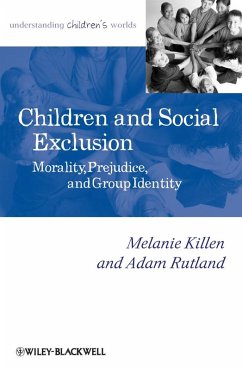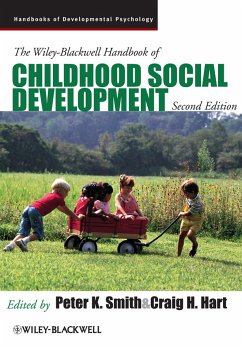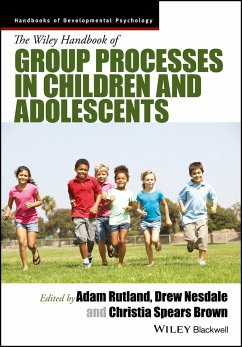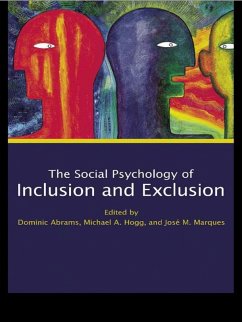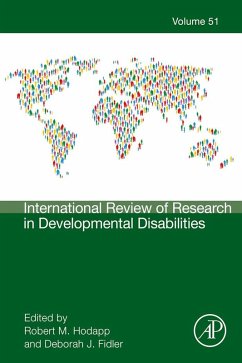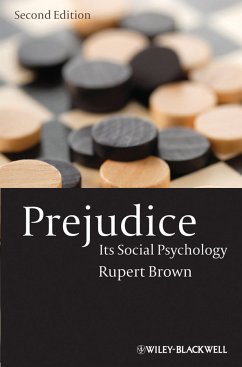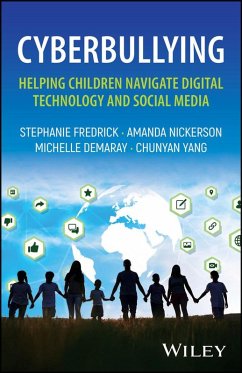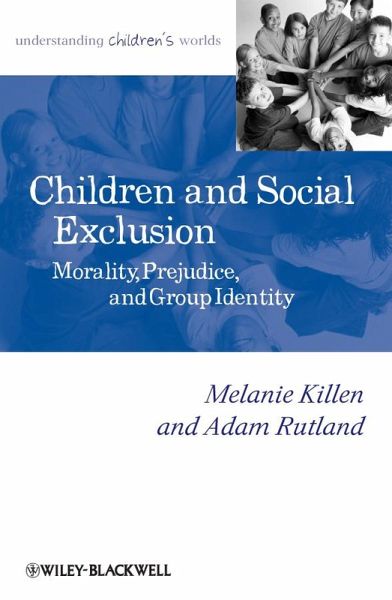
Children and Social Exclusion (eBook, ePUB)
Morality, Prejudice, and Group Identity
Versandkostenfrei!
Sofort per Download lieferbar
23,99 €
inkl. MwSt.
Weitere Ausgaben:

PAYBACK Punkte
0 °P sammeln!
Children and Social Exclusion: Morality, Prejudice, and Group Identity explores the origins of prejudice and the emergence of morality to explain why children include some and exclude others. Formulates an original theory about children's experiences with exclusion and how they understand the world of discrimination based on group membership Brings together Social Domain Theory and Social Identity Theory to explain how children view exclusion that often results in prejudice, and inclusion that reflects social justice and morality Presents new research data consisting of in-depth interviews fr...
Children and Social Exclusion: Morality, Prejudice, and Group Identity explores the origins of prejudice and the emergence of morality to explain why children include some and exclude others.
- Formulates an original theory about children's experiences with exclusion and how they understand the world of discrimination based on group membership
- Brings together Social Domain Theory and Social Identity Theory to explain how children view exclusion that often results in prejudice, and inclusion that reflects social justice and morality
- Presents new research data consisting of in-depth interviews from childhood to late adolescence, observational findings with peer groups, and experimental paradigms that test how children understand group dynamics and social norms, and show either group bias or morality
- Illustrates data with direct quotes from children along with diagrams depicting their social understanding
- Presents new insights about the origins of prejudice and group bias, as well as morality and fairness, drawn from extensive original data
Dieser Download kann aus rechtlichen Gründen nur mit Rechnungsadresse in D ausgeliefert werden.




